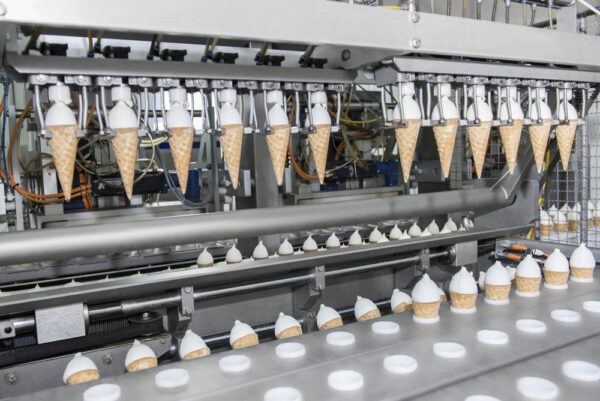Industrial goods refer to products that are used in the production of other goods or services. These goods are typically purchased by businesses and organizations rather than individual consumers. Industrial goods can be classified into three categories: raw materials and components, capital goods, and supplies and services.
Raw materials and components are the basic materials used in the production of goods. Examples include steel, wood, and plastic. These materials are typically purchased in large quantities and are used to create finished products.
Capital goods are long-lasting goods that are used in the production process. Examples include machinery, equipment, and buildings. These goods are typically expensive and are used to increase productivity and efficiency.
Supplies and services are goods that are used in the day-to-day operations of a business. Examples include office supplies, cleaning services, and maintenance services. These goods are typically purchased on a regular basis and are necessary for the smooth operation of a business.
Understanding the different types of industrial goods is important for businesses that operate in the manufacturing or service industries. By understanding the different types of goods, businesses can make informed decisions about purchasing and production.
In addition to understanding the different types of industrial goods, businesses must also consider factors such as quality, price, and availability when making purchasing decisions. Businesses must also consider the environmental impact of their purchasing decisions and strive to make sustainable choices whenever possible.
In conclusion, industrial goods are an essential part of the production process for businesses and organizations. By understanding the different types of goods and making informed purchasing decisions, businesses can increase productivity, efficiency, and profitability.


